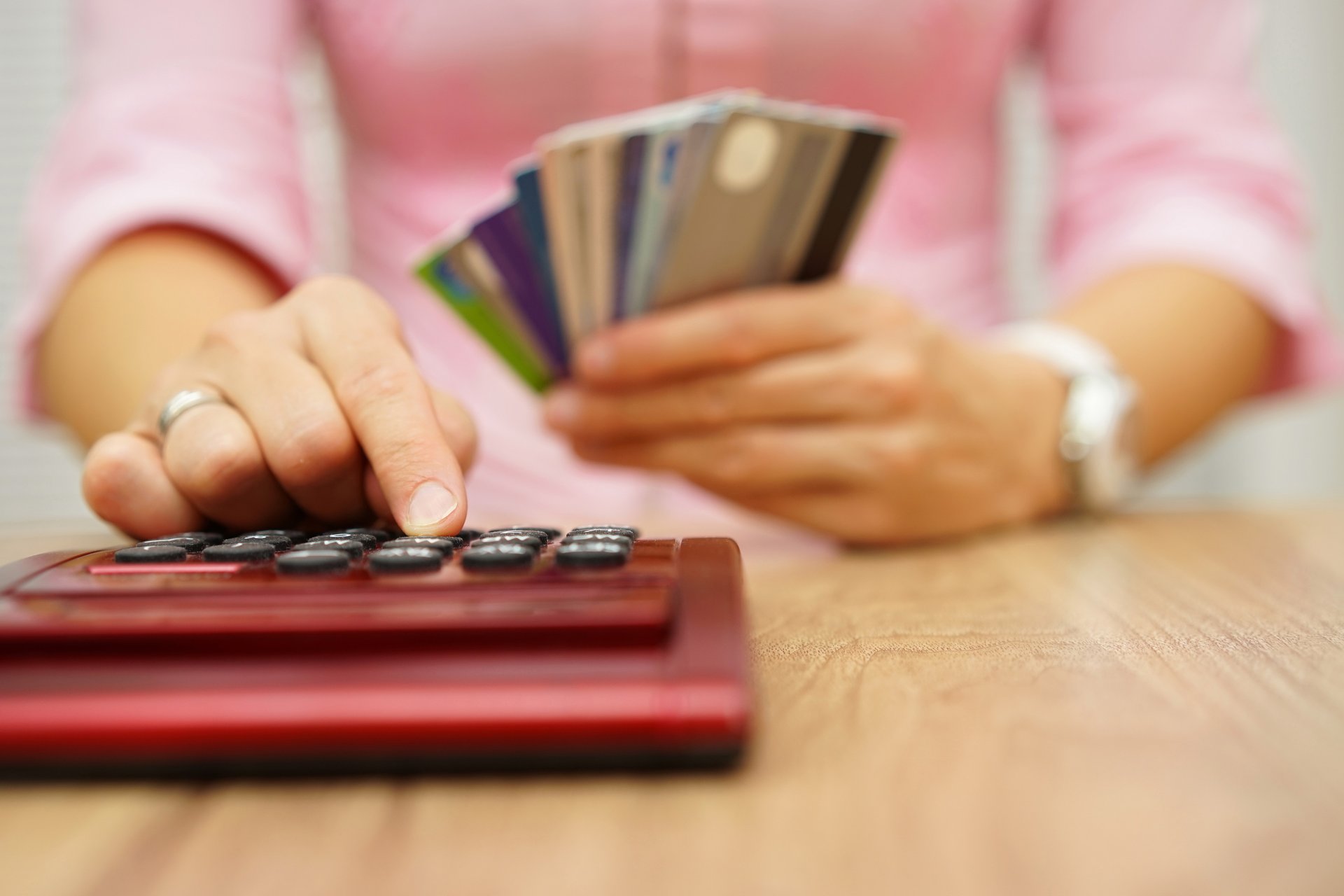
The good news is that credit card fees are waning — and those that remain often can be avoided.
The bad news is that the average credit card still charges about six different potential fees, a new study shows. Some fees are a lot more common than others.
For its latest annual credit card fee survey, CreditCards.com studied 100 widely held general-purpose cards. The website found that when taken together, the 100 cards charge 591 fees — or 5.91 fees per card, on average. That’s down slightly from 593 total fees last year and 613 fees in 2015.
Paul Siegfried, a senior vice president for the credit reporting agency TransUnion, attributes this gradual scaling back of fees to credit card companies having had ample time to bounce back from the Great Recession and adjust to requirements of the federal law known as the Credit Card Accountability Responsibility and Disclosure Act of 2009 (or Credit CARD Act of 2009).
“I think as we look back at 2015 and 2016, we’ve really hit that ‘stable’ zone,” he tells CreditCards.com.
Still, a few types of fees seem inescapable — charged by as many as 99 percent of the credit cards studied. Following are the three most common, and tips for escaping them.
1. Late-payment fee
Of the 100 cards CreditCards.com studied, 99 charge a late-payment fee — to the tune of up to $37 a pop, although they are allowed to charge $38. But in the year 2017, you have few excuses left for incurring this fee.
If you’re simply forgetful, use one of the countless calendar apps and other technological advances that have been at our disposal for years now. For example, my household uses the reminder features in Google Calendar and relies on the virtual Google Assistant. I can’t say they are any better than other options out there, but they work for us. Find a solution that works for you — many are free.
If you have been charged a late payment fee because you didn’t have the money to pay even the minimum balance on time, you need an entirely different solution.
First off, find and start using a free financial tracking app like PowerWallet. You’ve got to figure out how your income is disappearing before you can even pay your bills, and that requires tracking where every penny is going.
Once you have a handle on your incoming and outgoing money, you can get serious about starting an emergency fund and paying off your debt.
If insufficient income is an issue, hit up the “Make” section of our website, where you’ll find stories like “50 Ways to Make a Fast $50 (or Lots More!).”
2. Cash-advance fee
Out of the 100 cards studied, 98 charge a cash-advance fee. It typically costs $10, or 5 percent of the amount of the advance — whichever is more.
If you’ve even pondered taking a cash advance from your credit card, know it will likely cost you more than you realize — and you likely have better options anyway. Even a personal loan stands to be cheaper.
As we detail in “The 10 Most Common Credit Card Sins,” a cash advance on your credit card is really just an expensive short-term loan. Besides the cash-advance fee, you’ll pay a steep interest rate. And interest generally starts accruing from the day you take out the advance — you won’t get a 30-day grace period like you get for credit card purchases.
For more alternatives to cash advances, check out “9 Dumb Ways to Borrow Money, and 4 Better Options.”
3. Returned-payment fee
Of the 100 cards studied, 80 charge a returned-payment fee — which typically runs as much as $37, CreditCards.com found. The site defines this fee as one charged by your credit card issuer if you pay your bill with a check that bounces.
The solution here is much the same as it is for late payment fees. If cash flow is at issue, start tracking your spending and supplementing your income. Then, you can afford to start building an emergency fund and tackling debts.
Another fix is to link your savings account to your checking account such that if you run out of cash, money will be pulled from your savings so that your check won’t bounce. That will make it harder to build savings, however.
A better fix might be to ditch checks for online payments. If you have to go online to pay your credit card bill anyway, it will only take you a few extra seconds to log into your bank account and check the balance before paying the bill.
How do you feel about credit card fees? Let us know below or on our Facebook page.




Add a Comment
Our Policy: We welcome relevant and respectful comments in order to foster healthy and informative discussions. All other comments may be removed. Comments with links are automatically held for moderation.